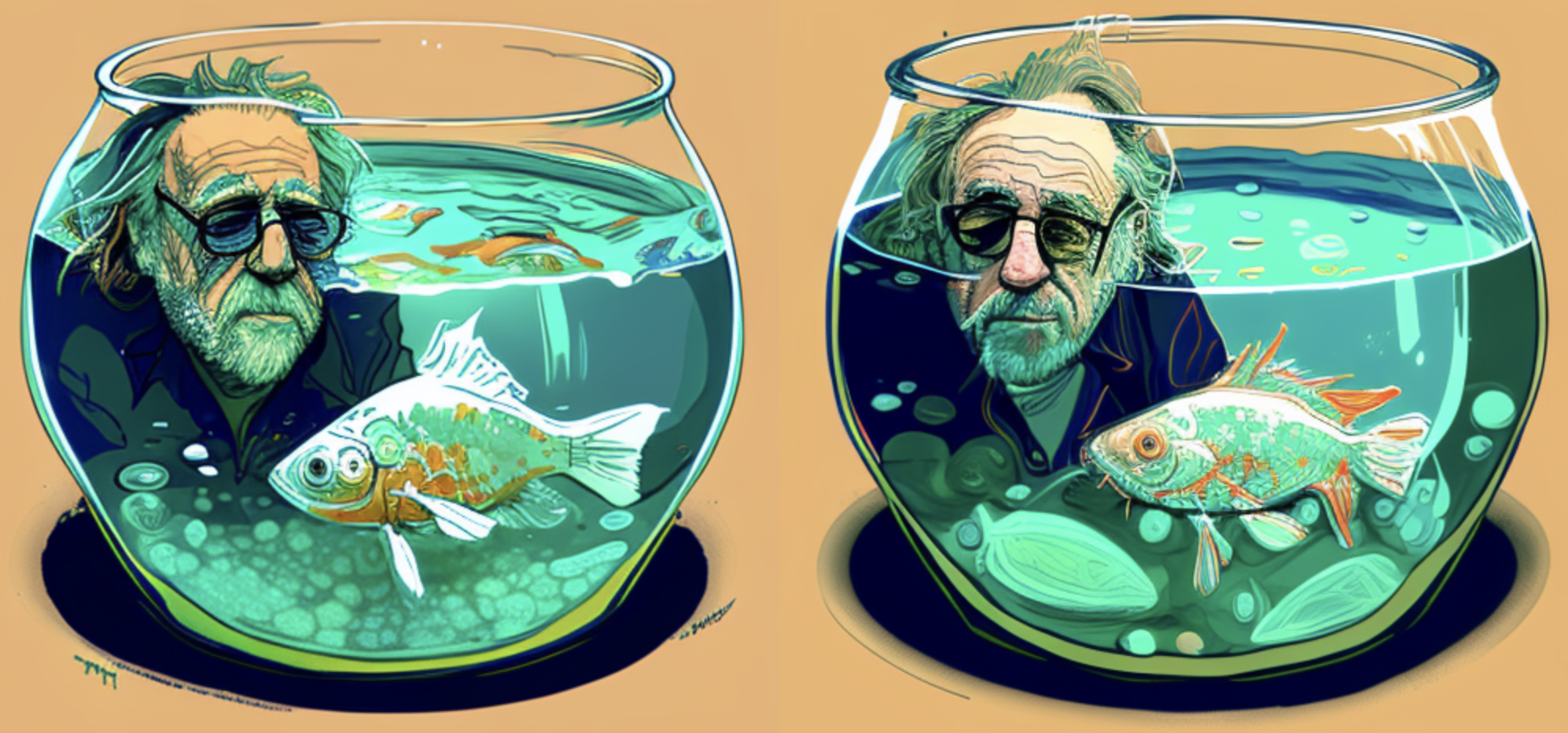I kept looking looking for symbolism in Fiesta. Didn’t really get what it was all about, like I told you. This Time magazine article from December 1954 explains Papa Hemingway a bit, the writer and the heman. Good read, Essential Hemingway 🙂
John Donne provided Hemingway with the title of For Whom the Bell Tolls. “No man is an Hand, intire of it selfe,” said Donne. Says Hemingway now: “A man both is and is not an island. Sometimes he has to be the strongest island there can be to be a part of the main. [I] am not good at stating metaphysics in a conversation, but I thought Santiago [the Old Man] was never alone because he had his friend and enemy the sea and the things that lived in the sea some of whom he loved and others that he hated.”
Five thousand miles away in Stockholm, a white-starched, tail-coated assembly of the Nobel Foundation was about to bestow literature’s most distinguished accolade on the products of his pencil. This week, “for his powerful, style-forming mastery of the art of modern narration,” the Nobel Prize for Literature will be awarded to Ernest Miller Hemingway, originally of Oak Park, III, and later of most of the world’s grand and adventurous places.
Rising up from one side of his villa is a white tower from which he can gaze meditatively at Havana and the sea, or at his own domain-the finca’s 13 acres, including flower and truck gardens, fruit trees, seven cows (which provide all the household’s milk and butter), a large swimming pool, a temporarily defunct tennis court. In the 60-foot-long living room, heads of animals Hemingway shot in Africa stare glassy-eyed from the walls. But most imposing of all are Hemingway’s books.

He consumes books, newspapers and random printed matter the way a big fish gulps in plankton. One of the few top American writers alive who did not go to college, Hemingway read Darwin when he was ten, later taught himself Spanish so he could read Don Quixote and the bullfight journals. Hemingway has never slept well, and reading is his substitute. Finca Vigia holds 4,859 volumes of fiction, poetry, history, military manuals, biography, music, natural history, sports, foreign-language grammars and cookbooks.




Leave A Comment